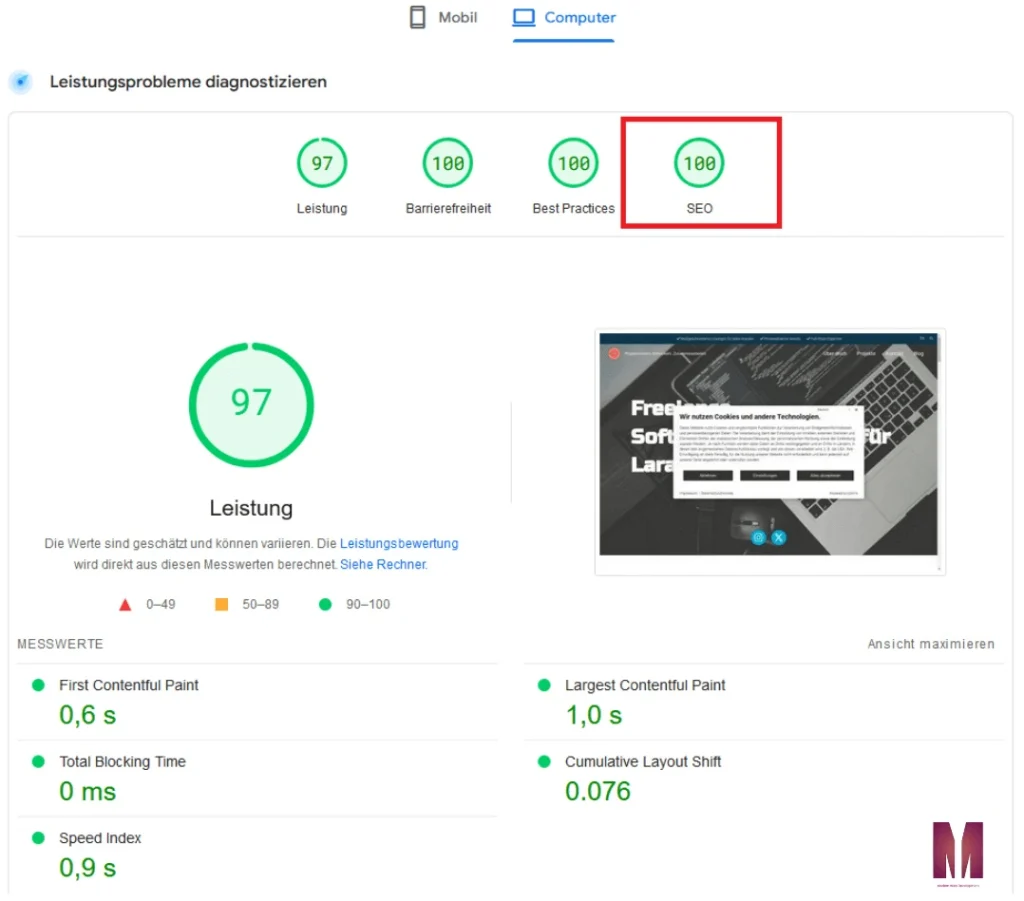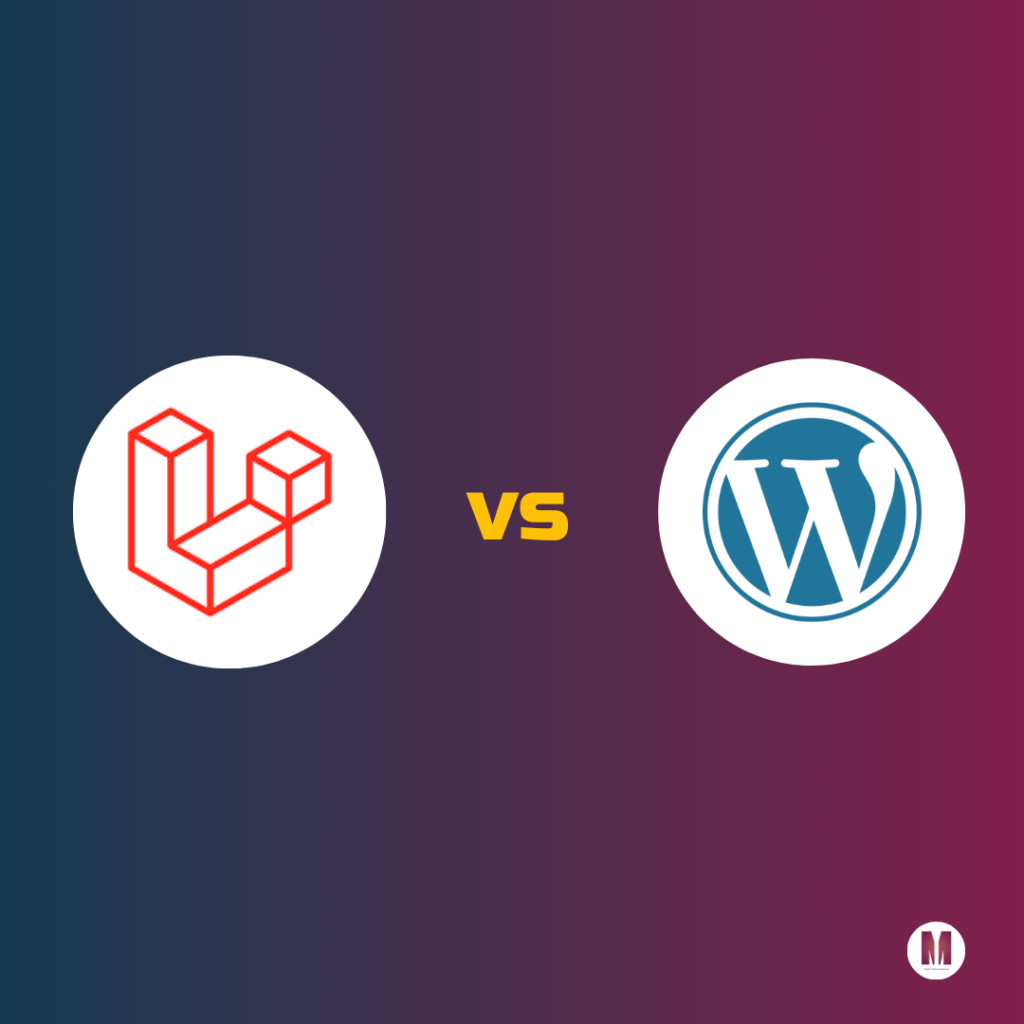
Introduction: Why Website Development is Crucial for Modern Businesses
In today’s digital age, website development is not just an option; it’s a necessity for modern businesses. A well-designed website serves as the cornerstone of your online presence, acting as the first point of contact between you and potential customers. With more consumers turning to the internet to research products and services before making purchasing decisions, having a professional website can significantly influence their perception of your brand.
Moreover, effective website development goes beyond aesthetics. It encompasses user experience, functionality, and search engine optimization (SEO). A site that is easy to navigate not only keeps visitors engaged but also encourages them to explore your offerings further. When optimized for search engines, your website can attract organic traffic—essentially putting your business in front of customers who are actively seeking what you offer.
In a competitive marketplace where consumers have countless options at their fingertips, investing in robust website development can set you apart from competitors. It enhances credibility and builds trust with your audience. In essence, a well-crafted website is crucial for driving growth and ensuring long-term success in the ever-evolving digital landscape.
The Key Components of Effective Website Development
When it comes to effective website development, several key components must be prioritized to ensure success. First and foremost, a user-friendly design is essential. A website should be intuitive, allowing visitors to navigate effortlessly and find the information they need quickly. This not only enhances the user experience but also encourages longer visits and repeat traffic.
Next, responsive design cannot be overlooked. With the increasing use of mobile devices, your website must adapt seamlessly to different screen sizes. A responsive site not only improves accessibility but also boosts your search engine rankings—an absolute necessity in today’s digital landscape.
Additionally, quality content is crucial. Engaging, relevant content tailored to your target audience keeps users on your site longer and encourages them to take action—whether that’s making a purchase or signing up for a newsletter.
Moreover, optimizing for speed is vital; slow-loading websites can frustrate users and lead to high bounce rates. Utilizing efficient coding practices and compressing images are just a few ways to enhance loading times.
Lastly, robust security measures are imperative in protecting both your business and users’ data. Implementing SSL certificates and regular updates ensures that your website remains secure against potential threats.
By focusing on these key components—user-friendly design, responsiveness, quality content, speed optimization, and security—you set the foundation for effective website development that not only attracts visitors but converts them into loyal customers.
Choosing the Right Website Development Approach: Custom vs. Template-Based Solutions
When it comes to choosing the right website development approach, the decision between custom and template-based solutions is crucial for your business’s online presence. Custom solutions offer unparalleled flexibility and uniqueness, allowing you to tailor every aspect of your site to meet specific needs and branding requirements. This means you can create a truly one-of-a-kind user experience that sets you apart from competitors.
On the other hand, template-based solutions provide a cost-effective and time-efficient alternative. They come with pre-designed layouts that can be quickly adapted to suit your brand’s aesthetic. This approach is ideal for startups or small businesses looking to establish an online presence without breaking the bank.
Ultimately, the choice between custom and template-based development should align with your long-term goals, budget constraints, and desired level of control over design elements. If you’re aiming for scalability and distinctiveness in a crowded market, investing in a custom solution may be worth it. However, if speed and affordability are paramount, a template-based option could serve your needs effectively while still delivering a professional look. Consider these factors carefully to make an informed decision that will benefit your business both now and in the future.
The Role of User Experience (UX) in Successful Website Development
User Experience (UX) is not just a buzzword; it is a critical component of successful website development that can make or break your online presence. In today’s digital landscape, where competition is fierce and attention spans are short, prioritizing UX can set your website apart from the rest.
A well-designed UX ensures that visitors find what they need quickly and effortlessly, leading to increased engagement and higher conversion rates. Websites that prioritize user experience tend to have lower bounce rates, as users are more likely to stay on a site that is intuitive and easy to navigate.
Moreover, investing in UX design fosters trust and credibility with your audience. When users encounter a seamless experience—from fast loading times to clear calls-to-action—they are more likely to view your brand as professional and reliable. This trust translates into loyalty, encouraging repeat visits and word-of-mouth referrals.
Incorporating user feedback into the design process further enhances the effectiveness of your website. By understanding the needs and preferences of your target audience, you can create tailored experiences that resonate with them on a personal level.
In conclusion, neglecting UX in website development is not an option if you aim for success in the digital realm. Embracing user-centric design principles will not only enhance usability but also drive business growth by turning casual visitors into loyal customers.
Leveraging SEO Best Practices During the Website Development Process

In today’s digital landscape, leveraging SEO best practices during the website development process is not just beneficial; it’s essential. Integrating SEO from the outset ensures that your site is optimized for search engines right from its launch, giving you a competitive edge in attracting organic traffic.
When building your website, consider incorporating keyword research into your design and content strategy. This means identifying the terms and phrases that potential customers are using to search for products or services like yours. By embedding these keywords strategically throughout your site—such as in headings, meta descriptions, and alt text—you enhance visibility and relevance.
Moreover, optimizing site speed and ensuring mobile-friendliness are crucial components of SEO that should be prioritized during development. A fast-loading site improves user experience and reduces bounce rates, while a responsive design caters to the increasing number of users accessing websites via mobile devices.
Additionally, structuring your website with clean URLs and intuitive navigation not only aids in user experience but also allows search engines to crawl your site more effectively. Implementing these practices early on can save you time and resources later by avoiding costly redesigns or adjustments.
In summary, making SEO a fundamental part of your website development process is a strategic move that pays dividends long-term. By prioritizing these best practices now, you position yourself for greater online visibility and success in an increasingly competitive market.
The Future of Website Development: Trends to Watch For in 2024 and Beyond
As we look ahead to 2024 and beyond, the future of website development is poised for transformative changes that every business should be prepared for. One of the most significant trends is the increasing emphasis on user experience (UX) design. Websites will not just serve as digital brochures; they will evolve into interactive platforms that prioritize seamless navigation, accessibility, and personalization.
Additionally, the integration of artificial intelligence in website development will revolutionize how sites are built and maintained. AI-driven tools can automate routine tasks, enhance content personalization, and even provide insights into user behavior—allowing developers to create more targeted experiences.
Moreover, responsive design will become even more critical as mobile usage continues to rise. Websites must not only look good on all devices but also function flawlessly across various screen sizes and resolutions.
Finally, sustainability in web development is emerging as a key consideration. As consumers become more environmentally conscious, businesses will need to adopt practices that reduce their digital carbon footprint.
By staying informed about these trends—enhanced UX design, AI integration, responsive layouts, and sustainable practices—businesses can position themselves at the forefront of website development innovation in 2024 and beyond. Ignoring these shifts could mean falling behind in a rapidly evolving digital landscape.
Conclusion: Take the First Step Towards a Powerful Online Presence with Professional Website Development Today!
In conclusion, establishing a powerful online presence is no longer a luxury; it’s a necessity. With the digital landscape evolving rapidly, professional website development is your first step towards standing out in a crowded marketplace. A well-designed website not only enhances your brand’s credibility but also serves as an essential tool for engaging with your audience and driving conversions.
Investing in professional website development means you’re not just creating a digital space; you’re building a platform that reflects your values and goals. It allows you to showcase your products or services effectively while optimizing user experience to keep visitors coming back. Don’t let the opportunity to elevate your brand slip away—take action today! Embrace the power of professional web development and watch as it transforms your online presence into a dynamic force that attracts, engages, and converts. Your future success starts now!

Hi, I’m Ioanna, a freelance web developer with a passion for WordPress development, Laravel application development, and Technical & On-Page SEO optimization. I specialize in creating custom solutions tailored to your unique needs, whether it’s designing a fully optimized WordPress site, developing powerful Laravel applications, or improving your website’s performance and SEO.

Take your online presence to the next level! Contact me now!
Call me now at +49 15735463775 or send me an email at contact@iomitroulaki.dev, to discuss your project further!

